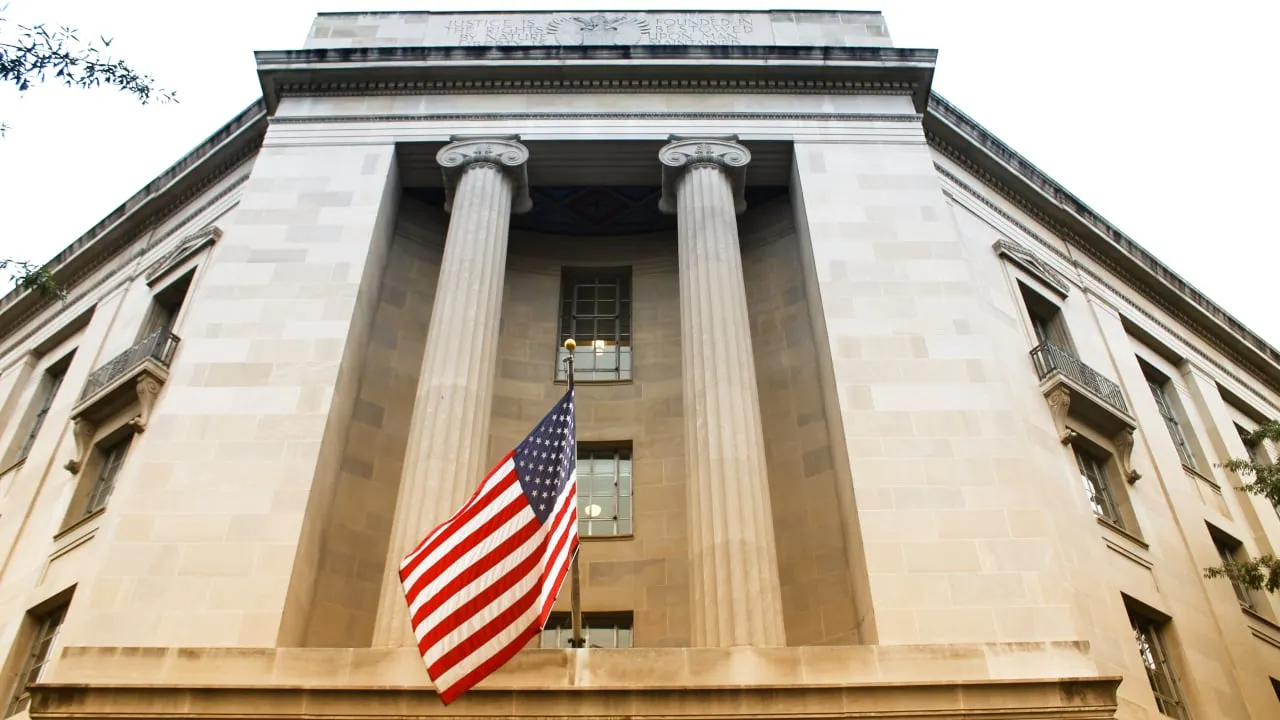U.S. prosecutors said that the current legal framework is sufficient to charge Sam Bankman-Fried, the founder of the collapsed crypto exchange FTX, for fraud-related violations.
The Department of Justice (DOJ) outlined its position in a filing submitted on Wednesday, countering Bankman-Fried's claims regarding the absence of relevant laws specific to crypto.
“While the existence of a law might be relevant to establish a statutory duty of care, the absence of regulation is not relevant to whether money was, in fact, entrusted to the defendant’s care by his victims,” the DOJ filing said.
The debate over crypto regulation, or, rather, the lack of comprehensive rules governing the crypto industry in the U.S., remains a widely discussed issue, with various stakeholders advocating for different approaches ranging from strict regulation to a more permissive regulatory environment.
According to the DoJ, any evidence or argument about the absence of regulation could potentially “confuse the jury into believing that there must be a regulation imposing a duty for misappropriation to have occurred.”
“There are prohibitions on misappropriating customer assets–they are the very laws that the defendant has been charged for violating,” reads the filing.
FTX trial gathers pace
The trial of Sam Bankman-Fried, the former founder of FTX and one-time cryptocurrency billionaire, began on Tuesday, mostly focusing on jury selection.
Federal prosecutors have accused him of orchestrating one of the most substantial financial frauds in U.S. history. SBF, as Bankman-Fried is otherwise known, is facing charges related to defrauding FTX customers, including accusations of wire fraud, securities fraud, and money laundering.
Furthermore, the DoJ said it alleges that SBF not only misappropriated customer money, but also made material misrepresentations to customers.
To that end, the prosecutors claim that “the putative ‘absence of clearly applicable laws or regulations’ is irrelevant to whether the defendant made material misstatements or omissions.”
The filing further rejected SBF’s claims that pooling and reallocating customer funds were standard practices in the cryptocurrency industry.
According to the prosecutors, the allegations in this case do not concern whether the defendant's conduct was consistent with general practices in the crypto industry. Instead, the focus is on the defendant's actions and statements, which allegedly led customers to entrust their assets to him and subsequently misappropriated those assets.
“Evidence of actions by other cryptocurrency exchanges becomes relevant only if the defendant can establish that he knew about practices of other exchanges and that he believed those exchanges were acting lawfully,” reads the filing.

